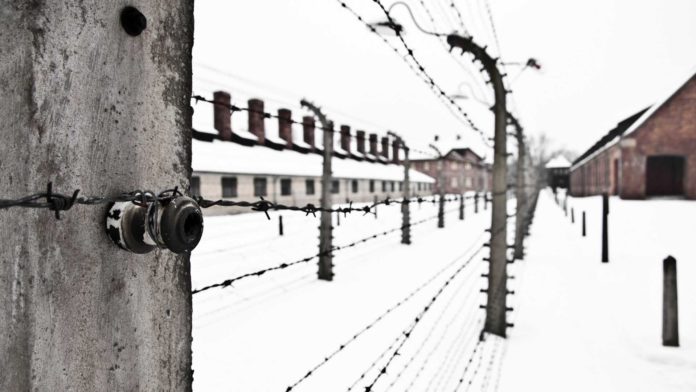“Remembrance Day” is celebrated on January 27th. Pope Francis wrote about it in Fratelli Tutti (FT, no. 246-254). Faced with the dark pages of history, we run the risk of anaesthetizing ourselves, thinking that the past is such and cannot be changed, that they are made far from us, in space or time and that they escape our personal responsibility. He states decisively: “No, for God’s sake! Without memory, there is no progress’ (FT, no. 249). We have a duty to give subsequent generations the horror of what is happening, and that of the Shoah is a terrible testimony of where human wickedness can go if fomented by false ideologies (cf. FT, point 247).
Moral reflection cannot be exempted from this responsibility. Among the many reflections that can be noted is that of B. Häring who experienced the war firsthand. In 1939 he was recalled to the military health service and sent first to France, then to Poland, then to Russia, where he was taken, prisoner. This experience has been proven in several respects, particularly by the absurdity of horrific crimes committed out of obedience to order and by direct contact with people who are victims of this barbarity or other religious[i]confession.
He could see dramatically that, hidden behind the concept of duty, all sense of personal and community responsibility fell. And precisely from this experience, he became a person open to dialogue, to encounter, to acceptance, convinced that the construction of peace is the Christian’s primary commitment to be children of God truly. For this reason, he criticizes the ethical approaches centred on the law and legal obligatory, indicating the dialogue[ii] and reciprocity of consciences as a way to the truth.[iii]
The core of moral life thus comes to be the responsibility and courage to be responsible: “What led to a turning point in my thought on moral theology was the stupid and criminal obedience of so many Christians to tyrannise and Nazi wickedness. It was this that led me to the conviction that the character of a Christian should not be formed unilaterally by the Leitmotif of obedience, but rather by the responsibility he knows how to discern, by the ability to respond courageously to perceptions of new values and new needs and by the willingness to take the risk”.[iv]
Häring proposes two aspects of the duty of memory. Gratitude to God for all the good that works in humankind’s history and repentance for what is bad in one’s heart and prevents growth for good. He also listened to God in the horror of the Shoah, and we also owe to that experience if he understood moral life as a responsible response to God’s gift of love. God’s gift appeals to listening to conscience, and man’s response presupposes his faithful freedom. God does not leave the man alone. The Holy Spirit continues to act in the history of humanity and of each of us, supporting us in the tension between the already and the not yet.
Philomena Sacco
[i] Cf. B. Häring, Ho visto la bontà liberatrice, Edizioni Paoline, Cinisello Balsamo (MI) Milano 1977.
[ii] Cf. S. Majorano, , «Bernhard Häring: la teologia morale rinnovata dalla cristologia», in Rassegna di Teologia 41/4 (2000) 517-536.
[iii] Cf. A. Wodka, «La Parola di Dio nella Teologia di Bernhard Häring», in Studia Moralia 47/1 (2009) Suppl. 4, 41.
[iv] B. Häring, La legge di Cristo. Trattato di teologia morale, vol. I, Morcellina, Brescia 1968, 12.






